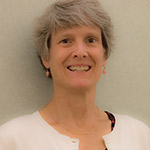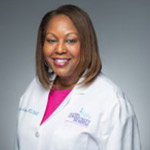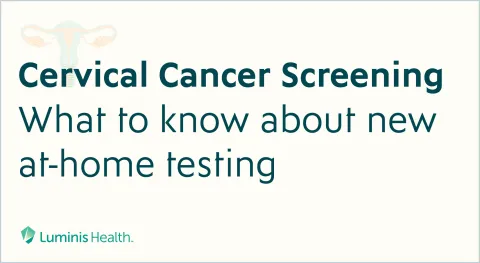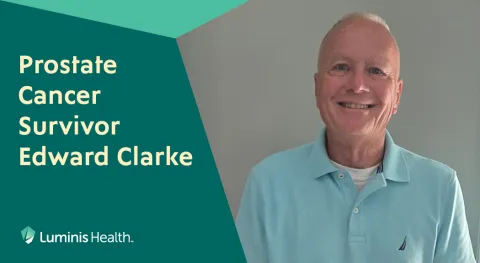
Genetic testing is a topic of great interest to many men and women these days. In our field of breast cancer surgery, it is a subject we address on a daily basis.
All cancers are ultimately due to changes in the genes in cells referred to as mutations. Changes in the DNA of cells can lead to uncontrolled growth. Cancer cells break away from the main tumor and grow elsewhere in the body. This is known as metastasis. Environmental and lifestyle factors can sometimes accelerate changes in the DNA of cells and predispose an individual to development of cancer.
Some people have mutations they have inherited (or in rare cases developed before birth) that affect every cell in their body and that essentially ‘jump start’ this process. For some, the development of cancer requires fewer steps. They are much more likely to develop certain cancers and are likely to do so at younger ages than average.
Currently, we test for the mutations we feel are most significant in patients who are at greatest risk of having a genetic predisposition. We want to identify those men and women who do have an inherited mutation because, for them, risk of development or recurrence of cancer is a very high. In women, we look for certain ‘red flags’ based on ancestry, family history, age of onset of the breast cancer and type of breast cancer. When these indications are present, we recommend genetic testing.
Your risk of developing breast cancer
There are programs to help women understand and do something about these red flags. Locally, there is the Risk Assessment and Prevention Program, or RAPP, at the Rebecca Fortney Breast Center at Anne Arundel Medical Center. With innovative resources including genetic counseling and sophisticated imaging technology, breast specialists work closely with each woman. They can talk with you about making lifestyle changes to reduce your risk of breast cancer and other cancers. Specialists can customize a screening schedule to help detect changes in your breasts at an early stage and, in some cases, recommend medications or surgery to reduce your risk.
If you can answer yes to any of these questions, you may want to consider taking proactive measures for your breast health.
- Do you have a mother, daughter or sister who has been diagnosed with breast or ovarian cancer?
- Have any of your aunts, cousins, or grandmothers been diagnosed with ovarian cancer?
- Have you been told that you have very dense or lumpy breasts?
- Have you had multiple breast biopsies?
- Have you been treated with radiation for Hodgkin’s disease?
It’s important to know that even women who have no detectable risk factors may still have a high risk of developing breast cancer. And risk increases with age. Talk with your healthcare provider about your risk.

Robert Buras, MD, FACS, is a breast surgeon at Anne Arundel Medical Center’s Rebecca Fortney Breast Center. To schedule a visit, call 443-481-5300.

Victoria Shellem, CRNP, is a nurse practitioner at the Rebecca Fortney Breast Center at Anne Arundel Medical Center.

Regina Hampton, MD, FACS, is the president of Medical Staff Doctors Community Hospital and medical director of Doctors Community Breast Center.

Meghan Milburn, MD, FACS, is a breast surgeon at Anne Arundel Medical Center’s Breast Center in Bowie.
Originally published Oct. 17, 2017. Last updated Oct. 1, 2025.



